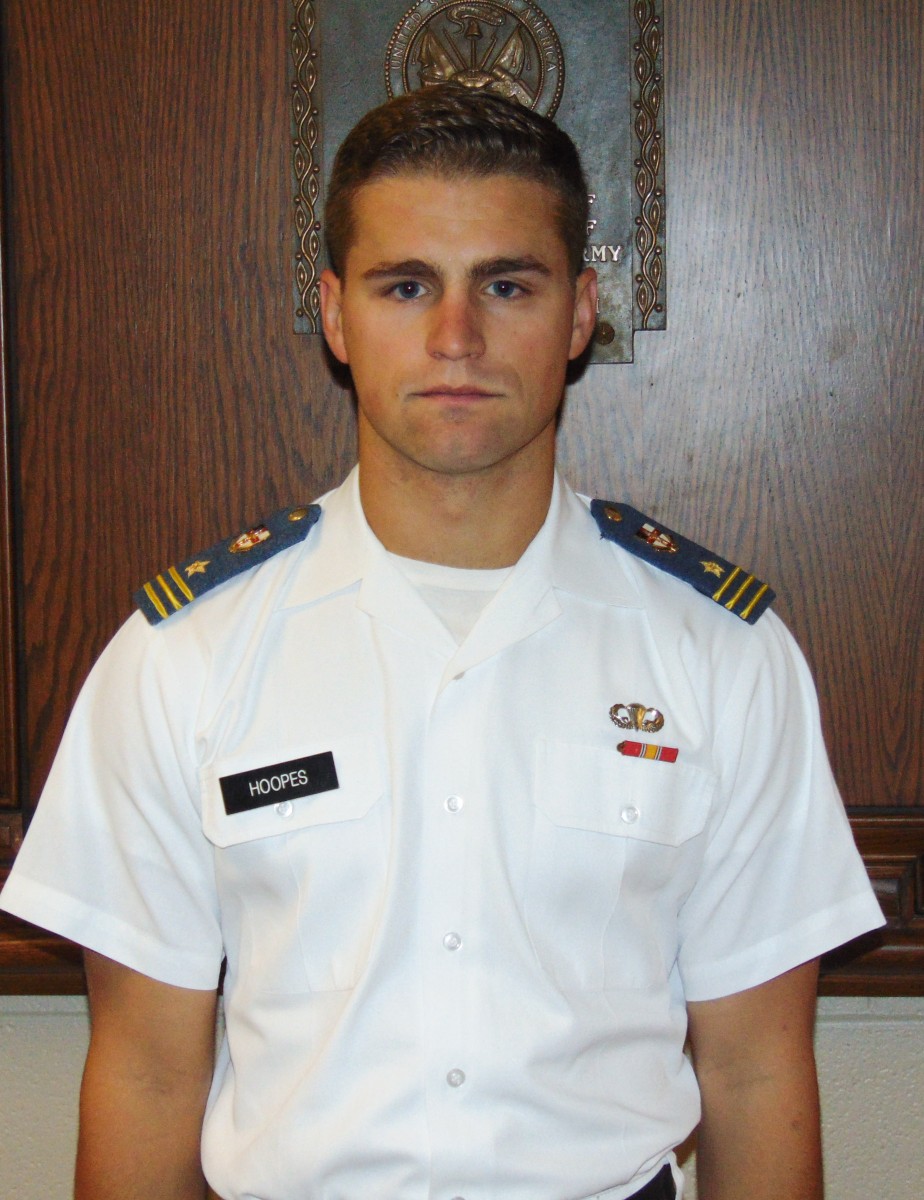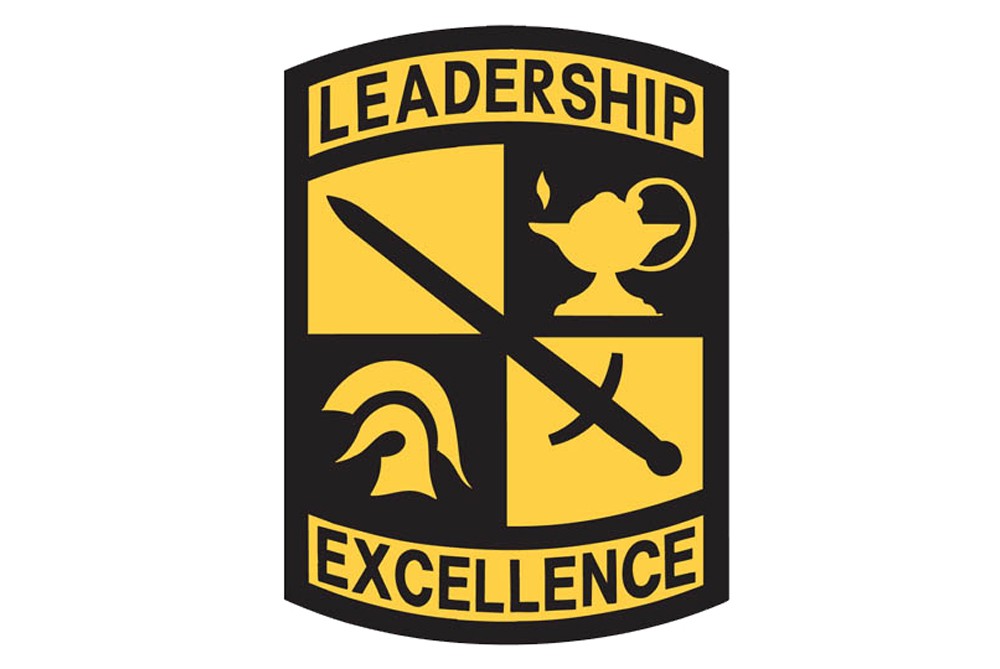- Joined
- Apr 25, 2018
- Messages
- 5,546
@eaab08 I agree with the above comments about the army having a ton of opportunities for new officers. The Marines have great opportunities as well but every MOS exists to support the 0311, the rifleman. I’m sure somebody can show an example of a Marine who doesn’t in any way at all support directly or indirectly Marine infantry but I’d like to hear the explanation.
The US Army though has the biggest bank account and that’s not just because it is the largest service. Medical research and disease prevention for example benefit people worldwide. I attended the medical management of chemical casualties at Aberdeen where I started an IV wearing thick rubber gloves and resuscitated an African green monkey who was dying of nerve agent intoxication. The main purpose was to show how difficult it is to bag (breathe for with Ambu bag) a nerve agent victim. We revived the animal with atropine and 2-Pam chloride and he went back to his cage. The monkeys did this once every three months. Driving to the facility that morning I went through a group of animal rights protesters. Colonel Jonathan Newmark told us they would be there.
I attended the medical management of biological casualties at USAMRIID Ft. Detrick where I was lucky enough to be in the room when Dr. Ken Alibek and Bill Patrick lectured on the same day. Alibek was the USSR’s top bioweaponeer and Patrick was his American counterpart. They went back and forth on the stage for almost two hours highlighting their efforts to win the Cold War race to biological weapons superiority. Dr. Alibek wrote about this in his book Biohazard. I have an autographed copy and it is scary. Also at USAMRIID I toured the BSL-4 lab and patient treatment room. An education like that is priceless and not available anywhere else.
It was the Marine Corps that sent me to the two schools but the point I guess is the army is the organization that has the resources to do these things. The number of MOSs available far exceed what the other services offer which of course means more opportunities.
The US Army though has the biggest bank account and that’s not just because it is the largest service. Medical research and disease prevention for example benefit people worldwide. I attended the medical management of chemical casualties at Aberdeen where I started an IV wearing thick rubber gloves and resuscitated an African green monkey who was dying of nerve agent intoxication. The main purpose was to show how difficult it is to bag (breathe for with Ambu bag) a nerve agent victim. We revived the animal with atropine and 2-Pam chloride and he went back to his cage. The monkeys did this once every three months. Driving to the facility that morning I went through a group of animal rights protesters. Colonel Jonathan Newmark told us they would be there.
I attended the medical management of biological casualties at USAMRIID Ft. Detrick where I was lucky enough to be in the room when Dr. Ken Alibek and Bill Patrick lectured on the same day. Alibek was the USSR’s top bioweaponeer and Patrick was his American counterpart. They went back and forth on the stage for almost two hours highlighting their efforts to win the Cold War race to biological weapons superiority. Dr. Alibek wrote about this in his book Biohazard. I have an autographed copy and it is scary. Also at USAMRIID I toured the BSL-4 lab and patient treatment room. An education like that is priceless and not available anywhere else.
It was the Marine Corps that sent me to the two schools but the point I guess is the army is the organization that has the resources to do these things. The number of MOSs available far exceed what the other services offer which of course means more opportunities.


